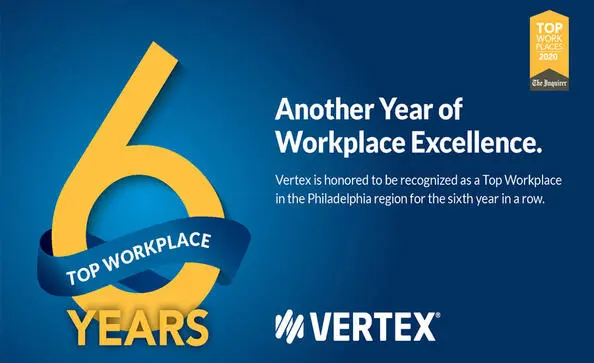4 Ways to Evolve Your Organizational Culture
As I pointed out in a previous post, the exact tone and structure of an organizational culture can be difficult to describe accurately. But the effects of a breakdown in a culture’s ability to cope with stress are hard to miss – whether they’re relatively minor, like unexpected resistance in a tax process redesign effort; more troublesome, such as friction in a post-merger integration; or out-and-out mortifying, as with the reputational damage resulting from executive misbehavior.
The positive outcomes of a strong, resilient corporate culture are just as real, of course. In a Harvard Business Review article titled The Leader’s Guide to Corporate Culture, authors Boris Groysberg, Jeremiah Lee, Jesse Price, and J. Yo-Jud Cheng argue that leaders can strengthen cultures and guard against breakdowns via a four-step process:
- Articulate the aspiration. Start the shift to the new culture by explaining the current state and why it needs to change. The authors note that “referring to tangible problems, such as market pressures or the challenges of growth, helps people better understand and connect to the need for change.
- Select and develop leaders who align with the target culture. Not all incumbent leaders will support cultural change, but those who don’t can often be “engaged and re-energized through training and education about the important relationship between culture and strategic direction.” Nevertheless, the cultural shift may result in turnover.
- Use organizational conversations about culture to underscore the importance of change. Road shows, listening tours, structured group discussions and social media can support the transition. “As employees start to recognize that their leaders are talking about new business outcomes—innovation instead of quarterly earnings, for example—they will begin to behave differently themselves, creating a positive feedback loop.”
- Reinforce the desired change through organizational design. Performance feedback, training practices and adjustments to hierarchical levels in the organizational structure can help stabilize the new culture.
Corporate cultures are constantly evolving, but they must be founded on a bedrock of core values. Vertex’s values include a commitment to, and respect for, people. In the words of our Corporate Philosophy, “above all, we always act with integrity—keeping promises and demonstrating respect in every interaction.”
Disclaimer
Please remember that the Vertex blog provides information for educational purposes, not specific tax or legal advice. Always consult a qualified tax or legal advisor before taking any action based on this information. The views and opinions expressed in the Vertex blog are those of the authors and do not necessarily reflect the official policy, position, or opinion of Vertex Inc.
Explore more Resources from our Industry Influencers:
Vertex Named Top Workplace in 2020
For the sixth year in a row, we have been named a 2020 Top Workplace by The Philadelphia Inquirer based on employee surveys over a variety of categories.
Learn More